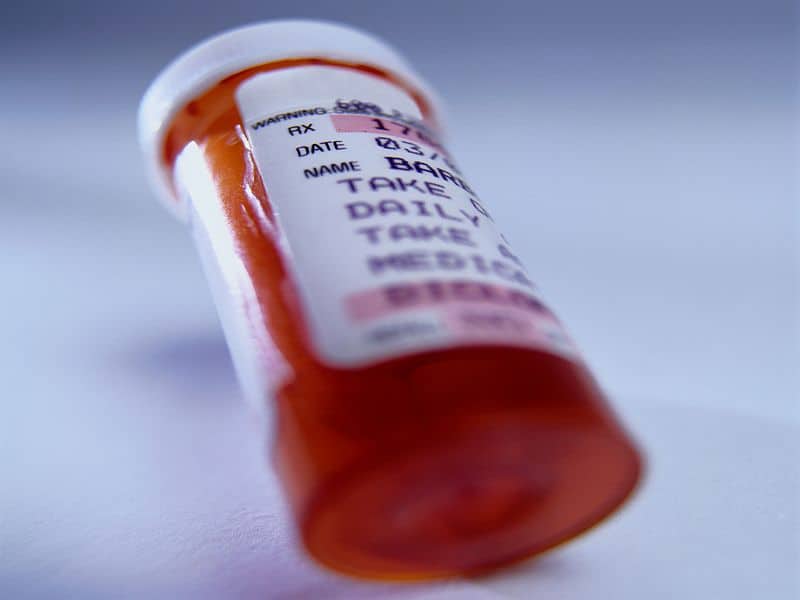THURSDAY, Nov. 8, 2018 (HealthDay News) — Oral zoliflodacin, which inhibits DNA biosynthesis, seems effective for urogenital and rectal gonococcal infections but is less effective for pharyngeal infections, according to a study published in the Nov. 8 issue of the New England Journal of Medicine.
Stephanie N. Taylor, M.D., from the Louisiana State University Health Sciences Center in New Orleans, and colleagues randomly assigned 179 eligible men and women with signs or symptoms of uncomplicated urogenital gonorrhea or untreated urogenital gonorrhea who had had sexual contact with a person who had gonorrhea in the preceding 14 days to receive a single oral dose of zoliflodacin (2 or 3 g) or a single intramuscular dose of ceftriaxone.
The researchers found that of the 141 participants in the microbiologic intention-to-treat population who could be evaluated, 96, 96, and 100 percent of the 57, 56, and 28 patients who received 2 g zoliflodacin, 3 g zoliflodacin, and ceftriaxone, respectively, had microbiologic cure at urogenital sites. All five, seven, and three patients with rectal infections were cured with 2 and 3 g zoliflodacin and ceftriaxone, respectively. Pharyngeal infections were cured in 50, 82, and 100 percent of the eight, 11, and four patients who received 2 g zoliflodacin, 3 g zoliflodacin, and ceftriaxone, respectively.
“N. gonorrhoeae has developed resistance to every class of antibiotic recommended for treatment, which now includes cephalosporins and macrolides,” the authors write. “This phase 2 trial creates equipoise for larger, more definitive studies of zoliflodacin.”
Several authors disclosed financial ties to pharmaceutical companies, including Entasis Therapeutics, which manufactures zoliflodacin and partially funded the study.
Abstract/Full Text (subscription or payment may be required)
Editorial (subscription or payment may be required)
Copyright © 2018 HealthDay. All rights reserved.



